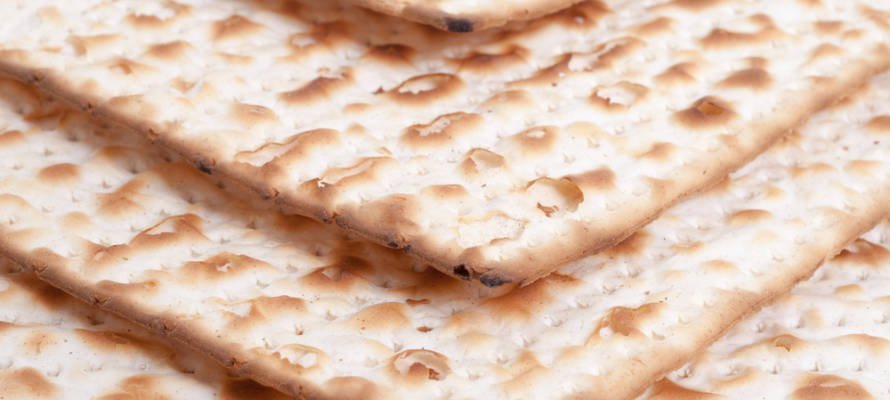Is matzah the bread of affliction or the bread of freedom? Do we eat matzah to remember our slavery or to celebrate our deliverance?
By Rabbi Ari Enkin, Rabbinic Director, United with Israel
Didn’t we grow up learning that we eat matzah to remember that when the Jewish people left Egypt? That they left so fast that they didn’t have time to let their dough rise? That is certainly the widespread answer one would hear when asking the question: “Why do we eat matzah on Passover.”
On the other hand, we know that matzah is called “the bread of affliction” in order to remind us that matzah was the poor man’s bread that the Jewish slaves ate in Egypt!
There is a glaring contradiction here! Is matzah the bread of affliction or the bread of freedom? Do we eat matzah to remember our slavery or to remember our deliverance?
The commentators note this contradiction and offer a number of beautiful explanations. My favorite is that the matzah represents both! And equally! It is the bread that recalls our enslavement and it is also the bread that recalls our redemption. There are many examples in Judaism of one object having multiples meaning and symbolism.
But this seems unfair. It sounds like one big tease! For 210 years the Jewish people were watching their Egyptian slave masters dine on all types of fresh leavened bread while they ate their matza. The Jews must have been dreaming about how they too, when freed from slavery, will eat such fresh and delicious bread.
And then they’re freed. And guess what:more matzah!
The lesson from all this is a lesson in being happy. We think we need “hamburger buns” (read: material pleasures) to be happy. But really, a person can find happiness in everything he has. A person chooses whether to be happy or not. A person can be happy whether he drives a Kia or a BMW. They both get you to the same place. Be happy that you arrived at your “destination” don’t focus on “how you got there.”
Similarly, you can find happiness and satiation from matzah just like you can find it in rye bread. We must not be “slaves” to our material desires.
Being happy doesn’t always mean having the biggest or the best. Even though we fast on Yom Kippur, we are happy because it is the day God forgives our sins. Sukkot is called the most joyous festival, but let me ask you, how does eating outside in a hut when the weather is minus 20 degrees bring a person joy? Being happy is all a matter of perspective!
Matzah teaches us that we can find happiness and meaning in everything! Wishing all our readers a very happy Passover!
